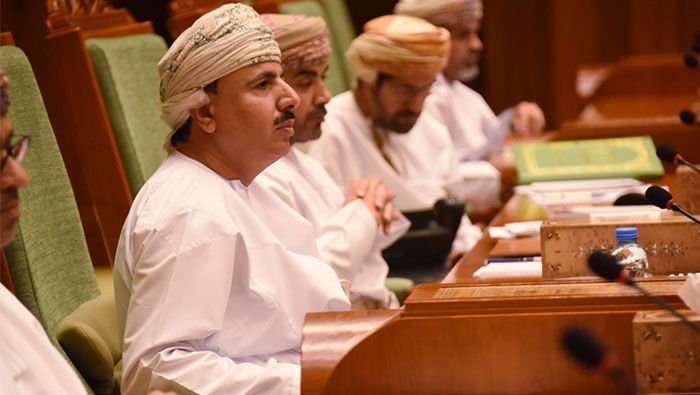
Muscat: The Minister of Manpower, Sheikh Abdullah bin Nasser Al Bakri, issued a ministerial decision banning temporarily the licences for recruitment of expatriate manpower in ten professions.
Read here: Oman to temporarily stop issuing expat visas for 87 jobs
The decision has temporarily banned the recruitment of expatriate manpower by the private sector in ten sectors for six months.
However, the licences issued prior to the date the decision takes effect shall remain valid until the expiry of their respective terms.
The decision does not apply to establishments owned by employers wholly devoted to management of their establishments which are registered with the Public Authority for Small and Medium Enterprises Development and insured with the Public Authority for Social Insurance (PASI).
The decision shall take effect from the day of its publication in the Official Gazette.
The professions banned fall under the sectors of information systems, sales, marketing, administration, human resources, insurance, media, airports, engineering and technical professions.
Fabio Scacciavillani, Chief Economist at Oman Investment Fund said: “It is a way to make companies put in more effort to look for Omani professionals as sometimes companies don’t do enough to look for Omanis. This may be due to a bias they have for hiring expat workers.”
“This is a period that is long enough to hire Omanis for whatever positions and after this they can analyse whether they have had the desired effect of this ruling. It will also help identify mismatch or gaps in the labour market. Moreover if the economy improves with current oil prices, there won’t be a need for this law as there will be enough jobs created for both Omanis and expats.”
Alkesh Joshi, partner for financial consultancy firm EY, said this would stop organisations from looking abroad for experts who were needed but not necessarily available in Oman.
“I hope that at the outset, the Ministry of Manpower will listen to special hires from companies in Oman on a case-by-case basis, because there will be times when we need to hire experts but may not be necessarily able to do so,” he said.
“This might, however, mean longer hiring times for companies in Oman.
Omanisation
“One of the reasons this may be done is to readjust the requirements for Omanisation, but that is the priority going forward,” added Joshi.
“I think this is a practice followed wherever there is a need, and this is step taken to secure the long-term interests of the nation.”
A Pakistani businessman, who is living eight years in Oman, said: “In principle, it is the duty of the government to create opportunities and jobs for the locals. So, I believe we shouldn’t criticise the law that has been put forward to benefit the locals because that’s what a good government does - it helps its people to lead a better life. Why don’t people raise voices against developed nations when they put restrictions on their employment visas? Gulf is doing the same; so why all the chaos.”
“My concern is only associated with visa renewal. But, I am positive that it would be a smooth procedure,” he said.